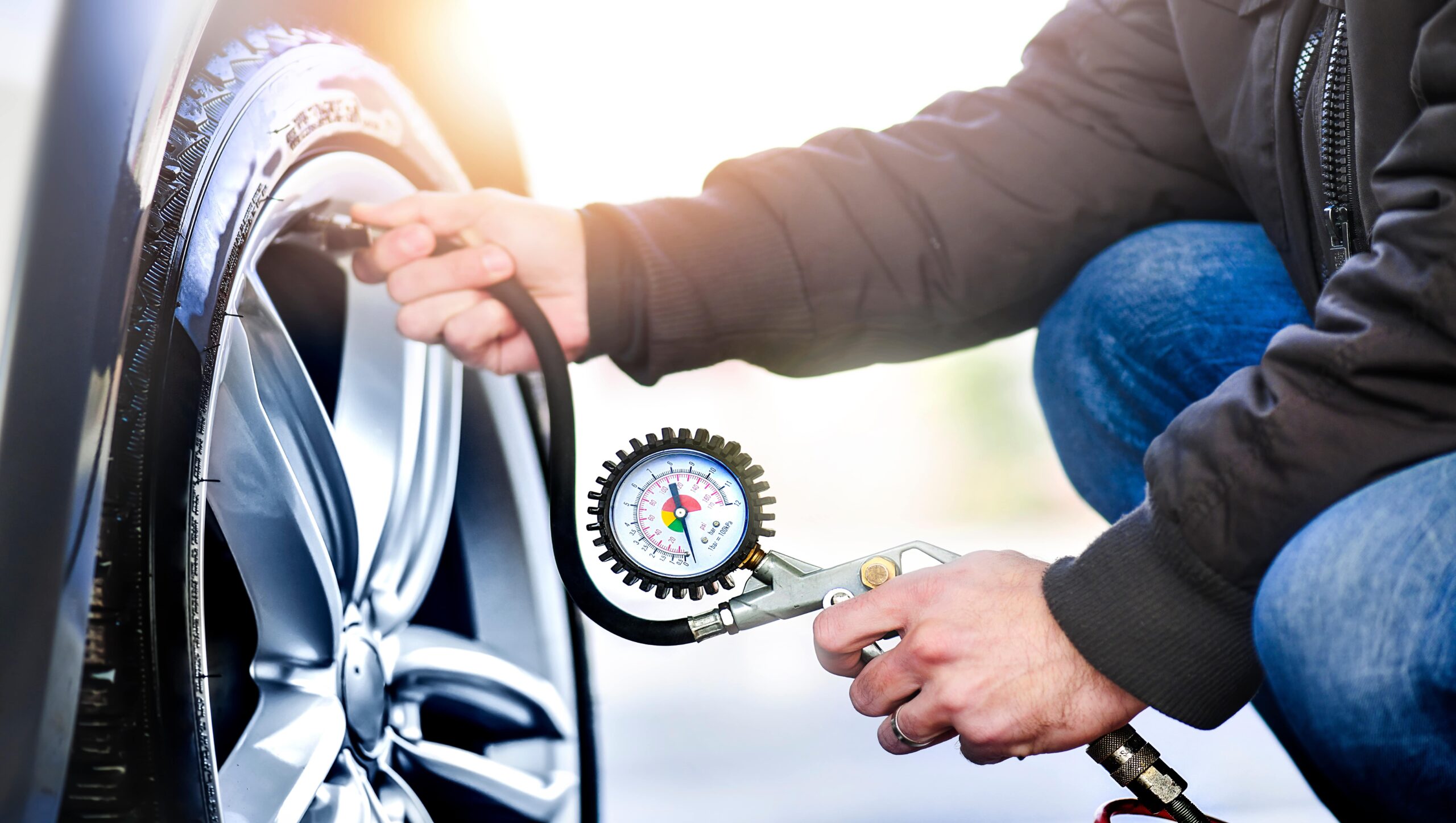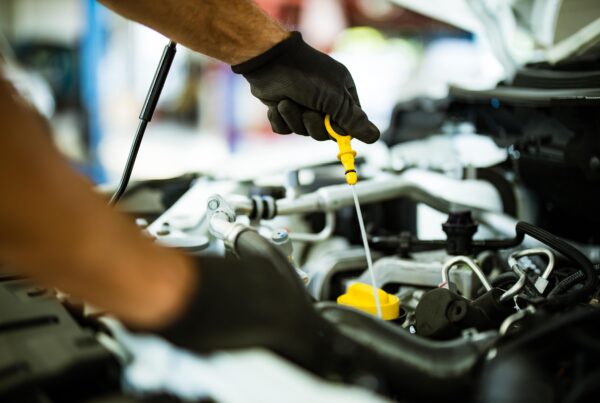Maintaining proper tire pressure is crucial for optimal vehicle performance and safety. The PSI (pound per square inch) rating designated by the manufacturer ensures that your tires function effectively, offering precise control and a comfortable ride.
Key Factors to Consider:
Proper Inflation: Follow the PSI recommended by the tire manufacturer, typically found on the drivers’ door jamb, in the owner’s manual, or on the tire itself.
Time of Day: Check tire pressure in the morning for accurate readings, as temperature fluctuations can affect pressure levels.
Quality Gauge: Use a reliable tire gauge to monitor pressure regularly, ensuring consistency and safety.
Proper Inflation: Your tires play a vital role in vehicle safety and performance.
- Safety: Correct pressure ensures optimal traction and handling, reducing the risk of accidents due to loss of control or blowouts.
- Comfort: Maintaining the recommended pressure provides a smoother ride, enhancing overall comfort and stability.
- Longevity: Properly inflated tires experience even wear, extending their lifespan and saving you money on premature replacements.
- Fuel Efficiency: Maintaining correct pressure improves gas mileage, reducing fuel consumption and environmental impact.
Avoid overinflation, which reduces tire contact with the road, leading to uneven wear and a rough ride. Conversely, underinflation increases contact with the road, causing premature wear and reduced fuel efficiency.
Keep a handheld tire pressure gauge in your vehicle and check tire pressure regularly, ideally when refueling or at least once a month. If pressure seems low, visit a gas station or auto shop promptly for a check and air fill-up.
Remember, your safety and comfort on the road depend on properly inflated tires. Trust our team to ensure your tires are in top condition for a smooth and secure journey.






